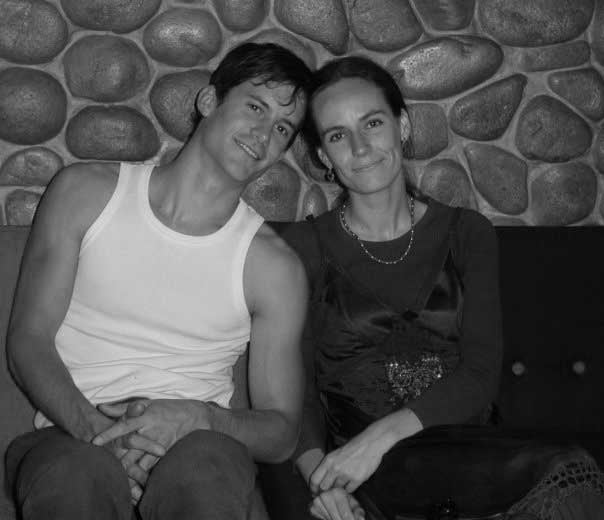CD Release - The Rite Of Spring
$20.00
A donation from the sale of each CD will go towards Melbourne University’s William Poskitt Memorial Scholarship
The first performance of Igor Stravinsky’s revolutionary Le sacre du printemps (The Rite of Spring) was on the 29th of May 1913 in Paris. This performance turned out to be one of the most famous premiere performances in musical history. The 100 year anniversary of this occasion made me remember well the eighteen month period back in 2001-2002 when Will Poskitt & I immersed ourselves in the two piano arrangement of this work. We performed the work in its entirety (from memory) at Iwaki auditorium in November 2002 for our Masters Ensemble recital. We were both overjoyed at the success of the event and thoroughly enjoyed the process of working so closely together on such a huge project.
2013 marks the 100th anniversary of Stravinsky's incredible composition, and the fifth anniversary since the tragic passing of Will. To mark these two occasions, I decided to get the sound file extracted off the DVD. There was definitely too much background noise (cheap video recording turned DVD sound file) and the distant placement of the mic gave it a very ‘live’ sound, but the balance was perfect. The acoustic in Iwaki auditorium combined with the careful positioning of the pianos (intertwined with the sound for both pianos bouncing off one lid), I started to wonder what a top quality sound engineer could do with this. Fortunately, my songwriter cousin, Fiona Kernaghan, has an extremely talented husband, Daniel Kresco, who is a top record producer & mix engineer in LA. I thought why not ask and see what he can do, and here is the end product – a very ambient sounding but authentic live performance of Stravinsky’s masterpiece. I sincerely hope you appreciate and enjoy this recording – and the unlikely but effective journey of getting it onto a CD today! This is a testimony to the talents of my dear friend and brilliant colleague, Will Poskitt.
ABOUT WILL ~
To see William Poskitt at the piano was an unforgettable experience. It made no difference whether the music was classical, musical theatre, jazz or his own improvisations. His performances were compelling, always conveying the essence of the music with feeling and sensitivity.
William was born in York in the United Kingdom. His prodigious abilities became apparent when he was still a small child. By the age of five he could play by ear and was doing so, in public, whenever the opportunity arose. William was a young boy when he first came to Australia. His father’s career as an academic meant that the family moved several times. William received tuition at the Canberra School of Music, but he remained unsure as to which direction his musical career would take. It was only when he won a place at the Victorian College of the Arts, receiving tuition from Donna Coleman, that he was able to immerse himself in music, receiving full-time tuition and gaining a considerable amount of performance experience, while developing his technique and musical abilities to new heights. He worked with Donna for nine years, winning one prize after another and performing music of very great difficulty including works by Ives, Scriabin, Ravel, Rachmaninoff, Chopin, Berg and Messiaen.
William performed around Australia and toured in Canada, Denmark and Spain, as well as America where he spent two seasons performing in New York. He returned to study classical music in 2004, completing his Masters of Music in 2005.
William was not only a magnificent musician, but a man of very fine character, universally loved by those who knew him and admired by those whom he touched in innumerable musical performances. The world lost William in November 2008, during rehearsals for Shane Warne the Musical, for which he was musical director. He is irreplaceable and his loss is one that cannot be measured. While some of his achievements will live on in recordings, for those who witnessed his musical work, or had the privilege of knowing him personally, he will never be forgotten. (Dr Peter Wyllie Johnston)


